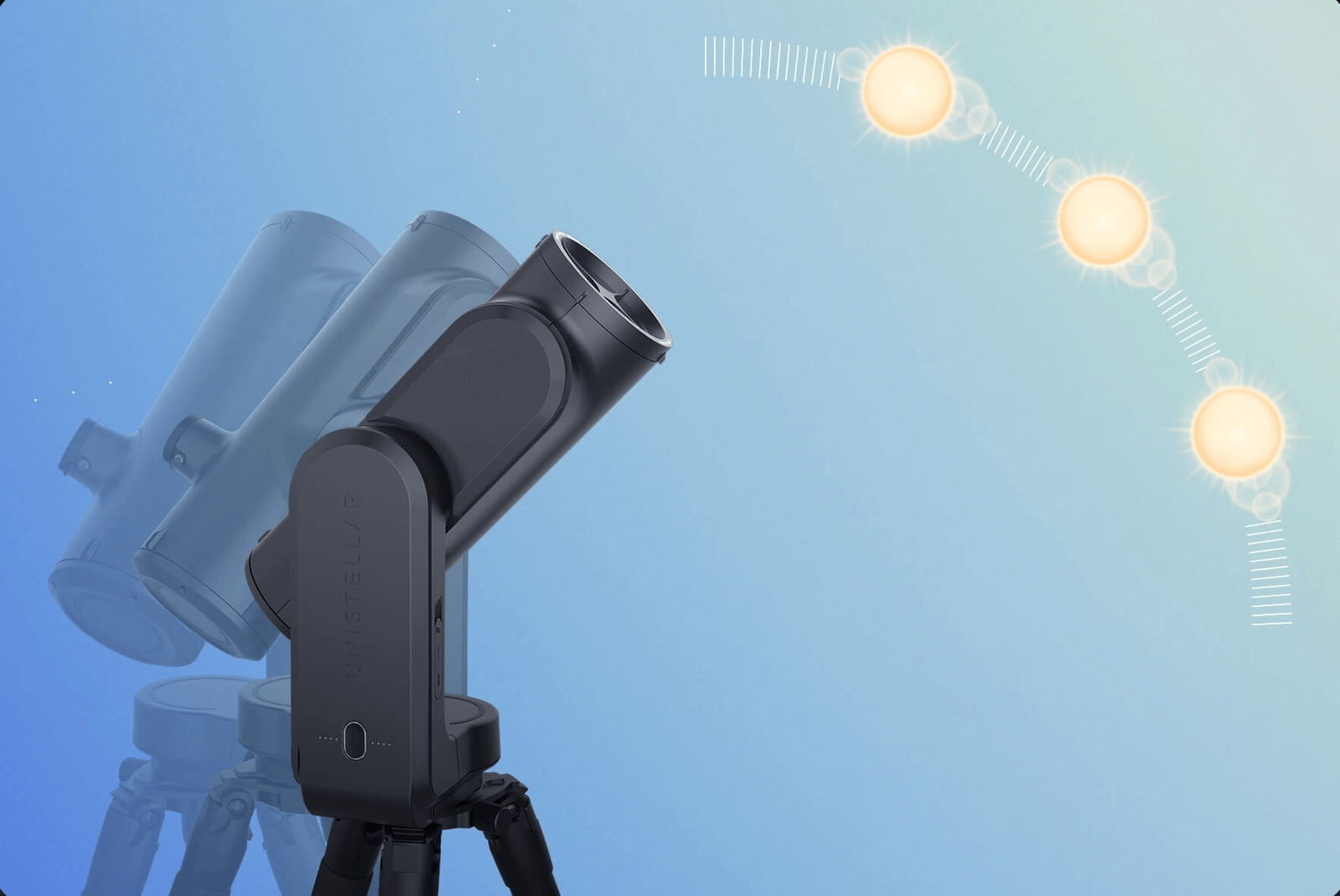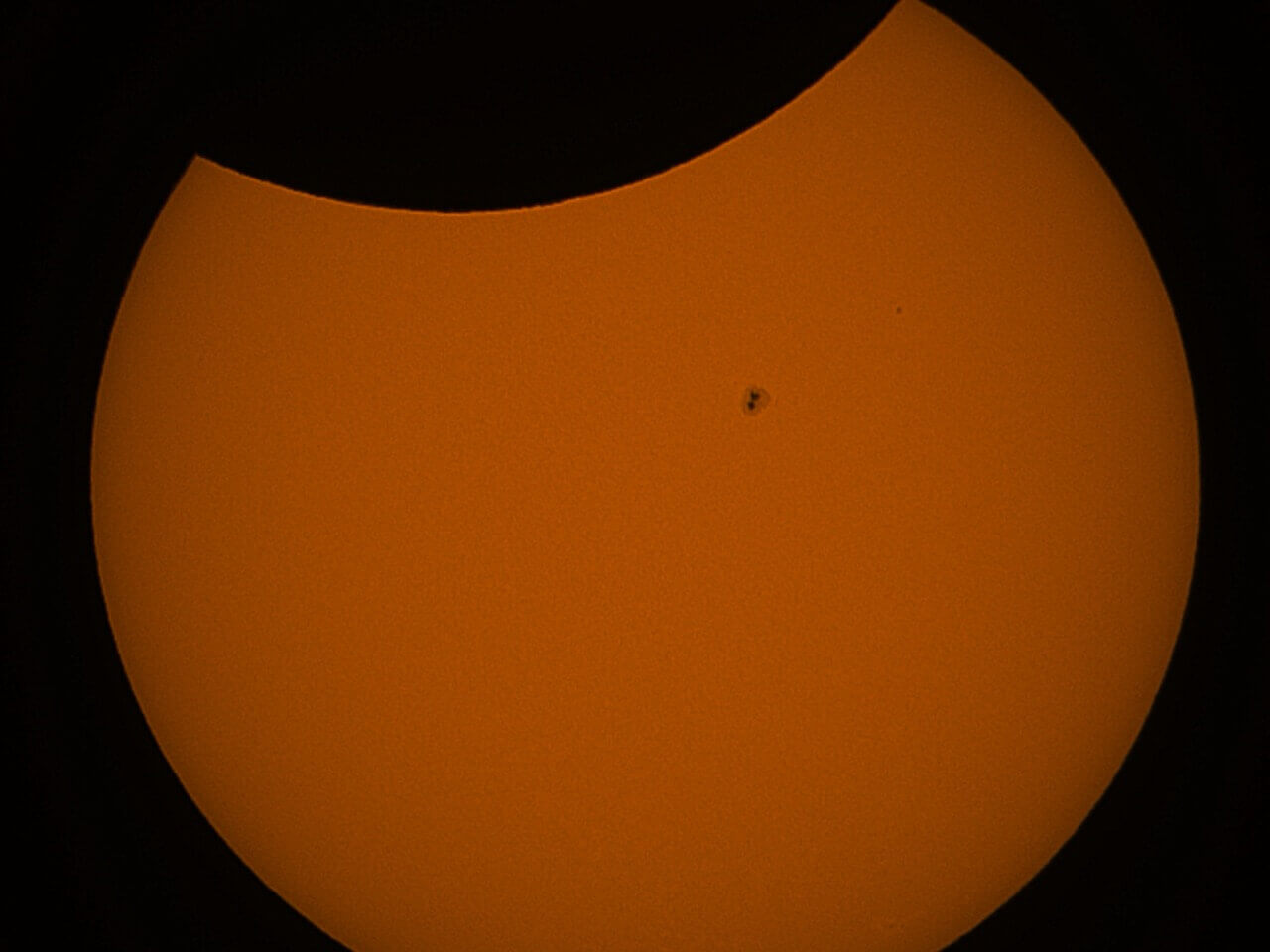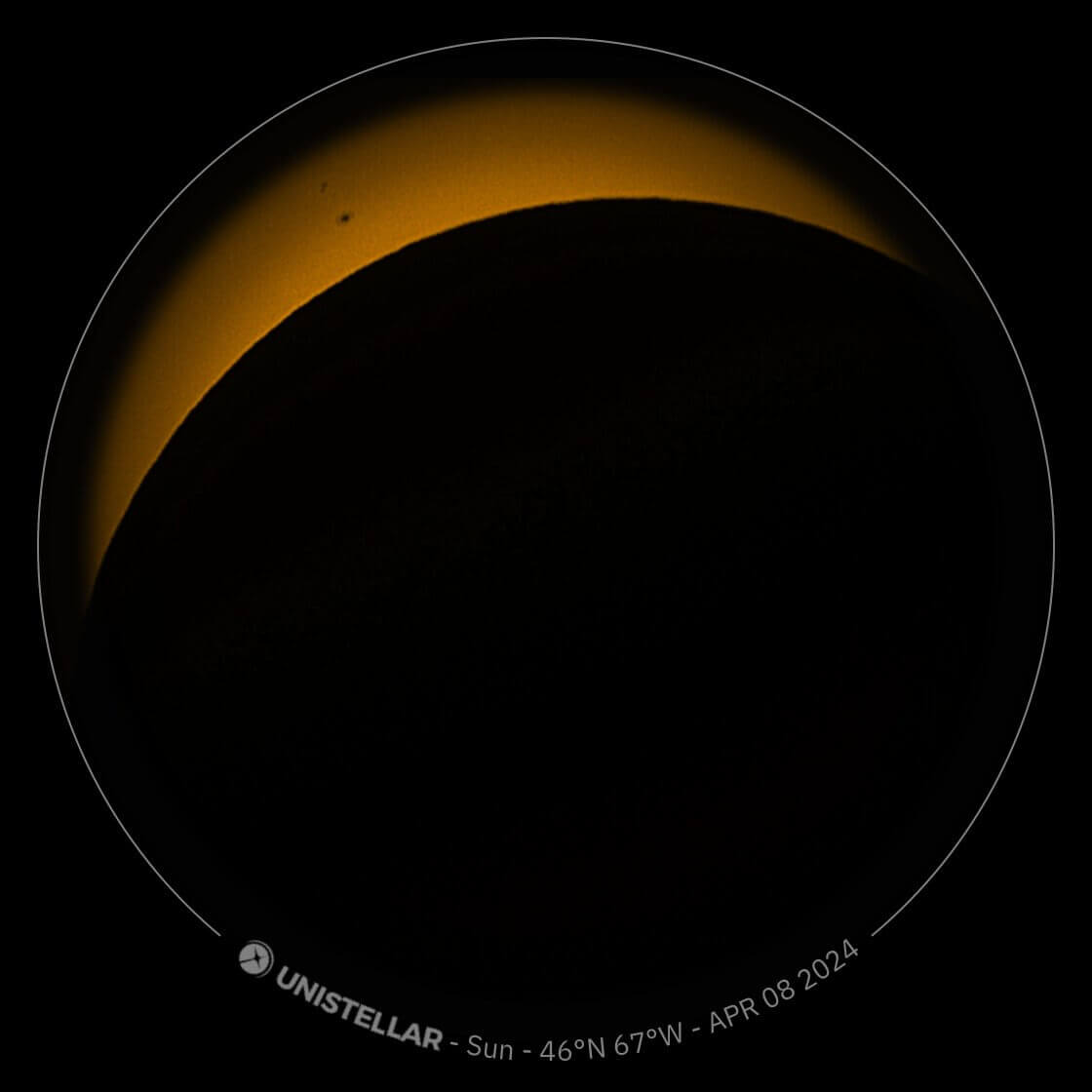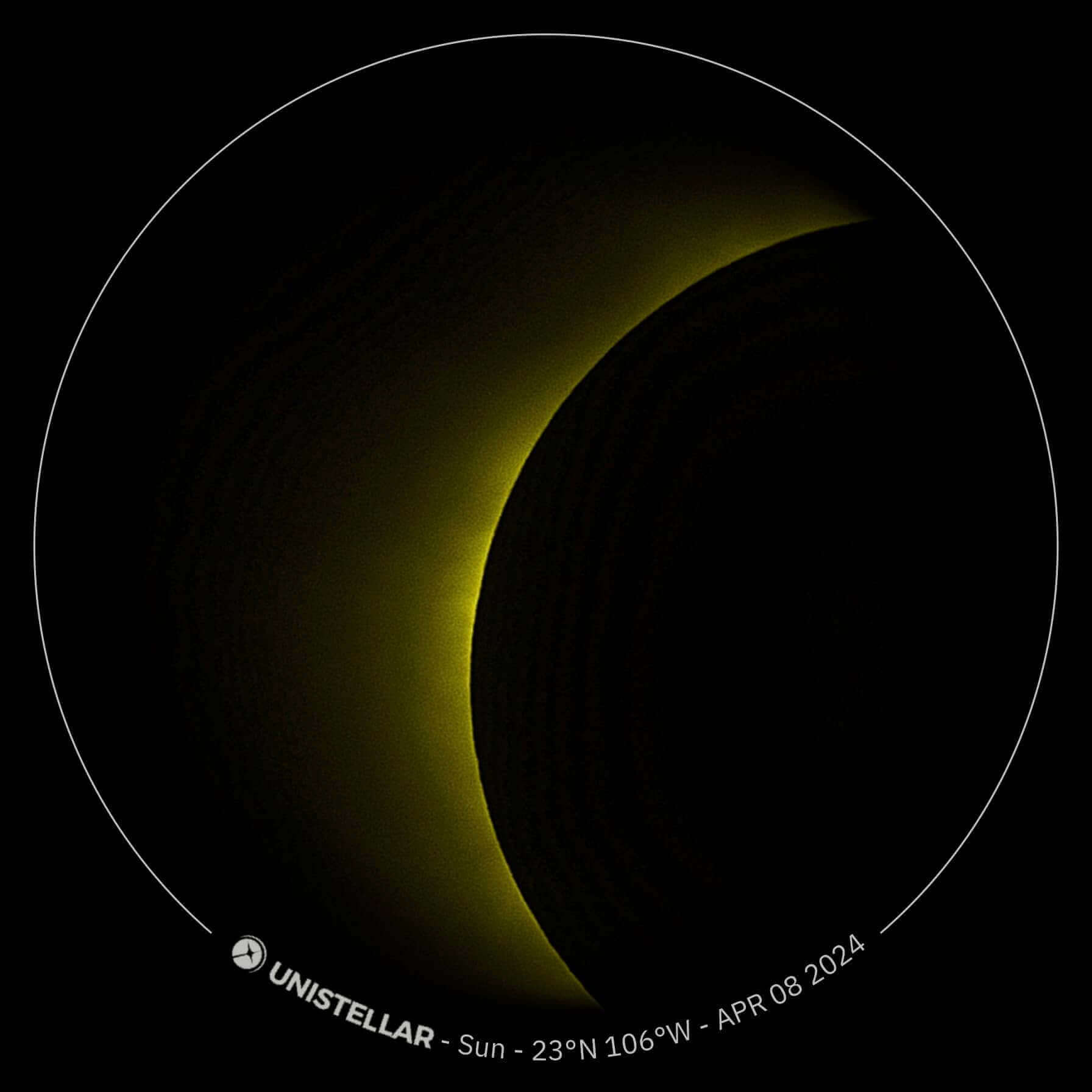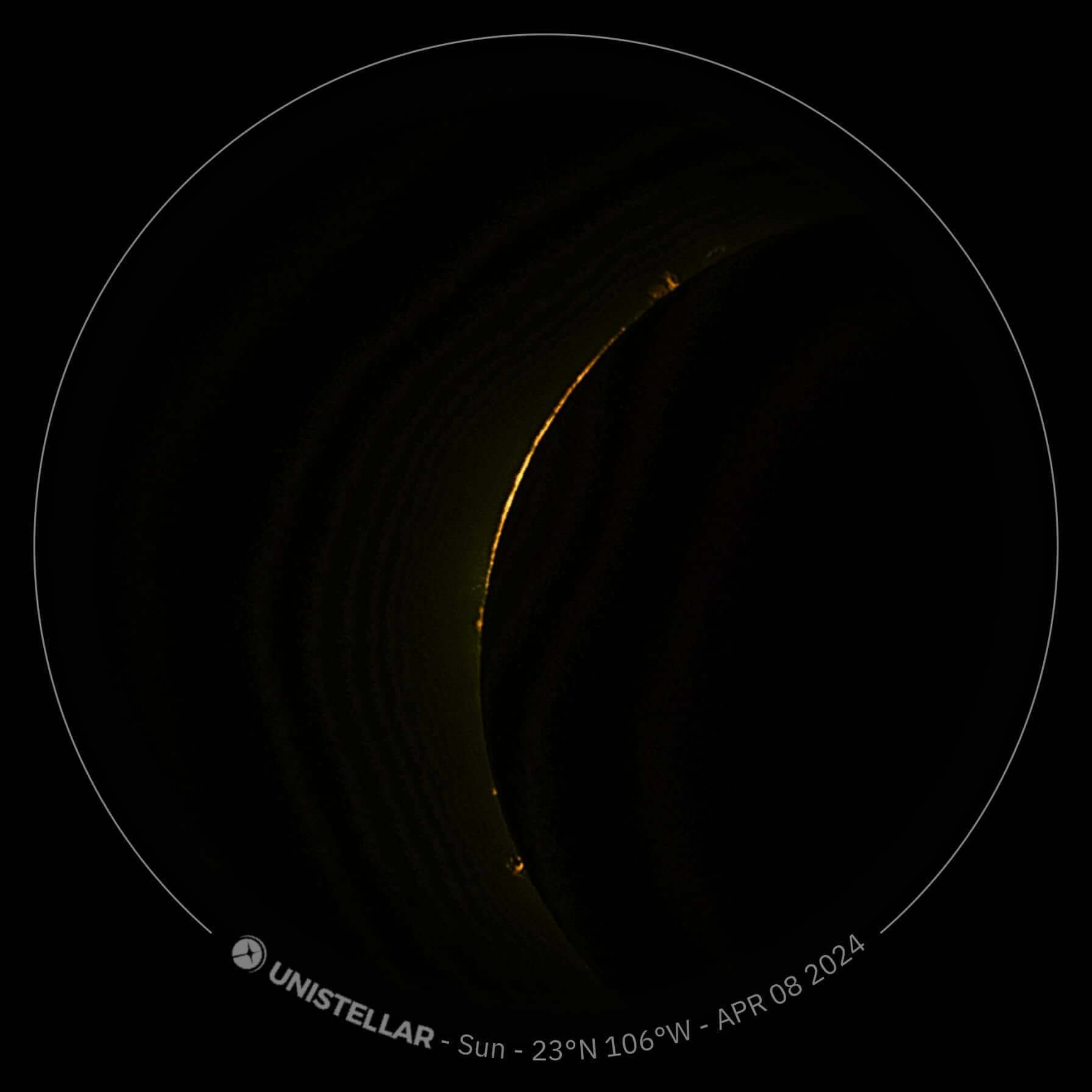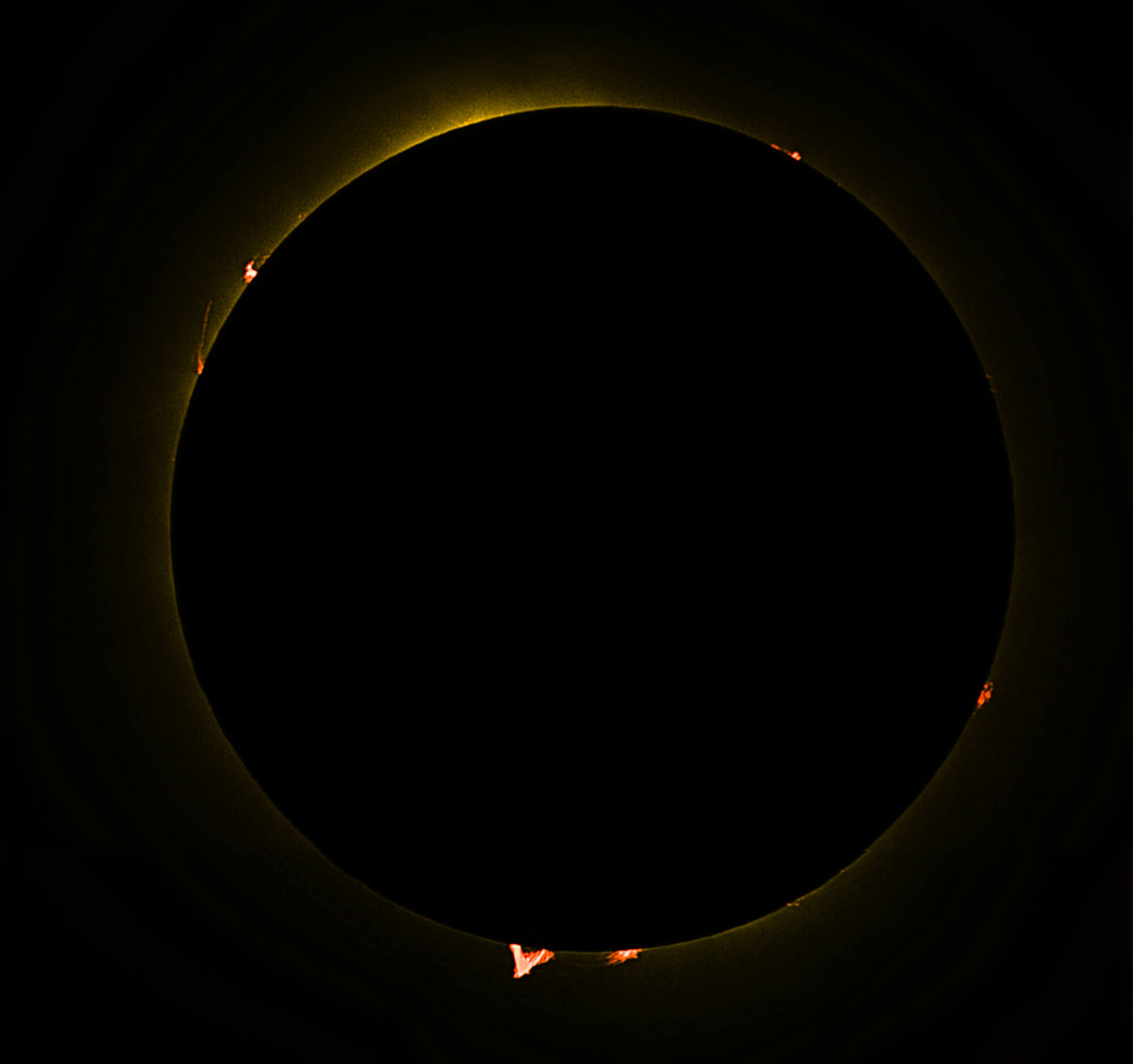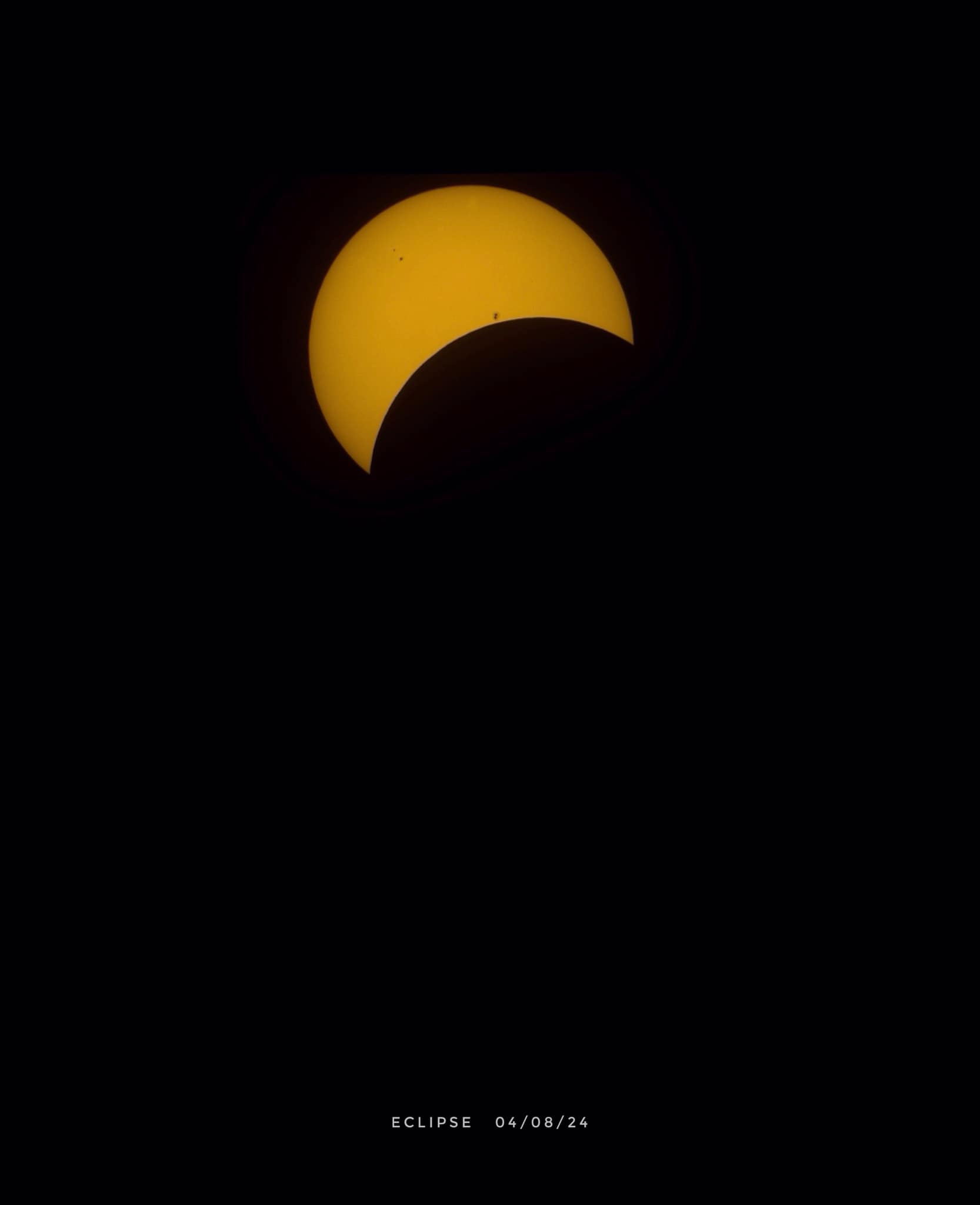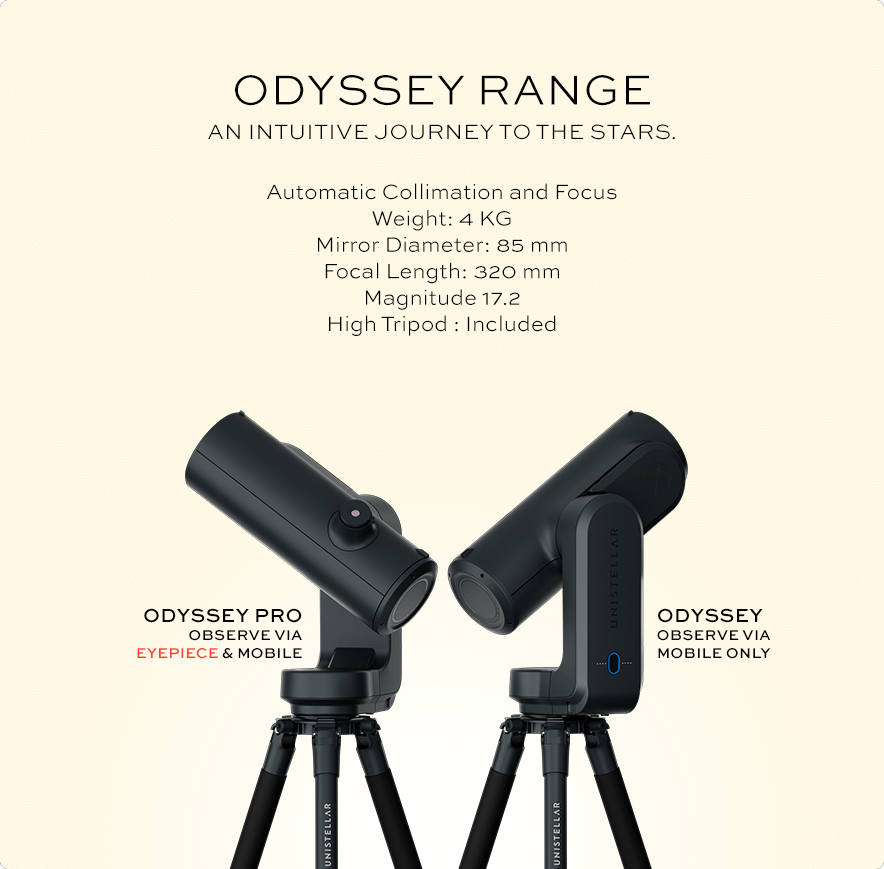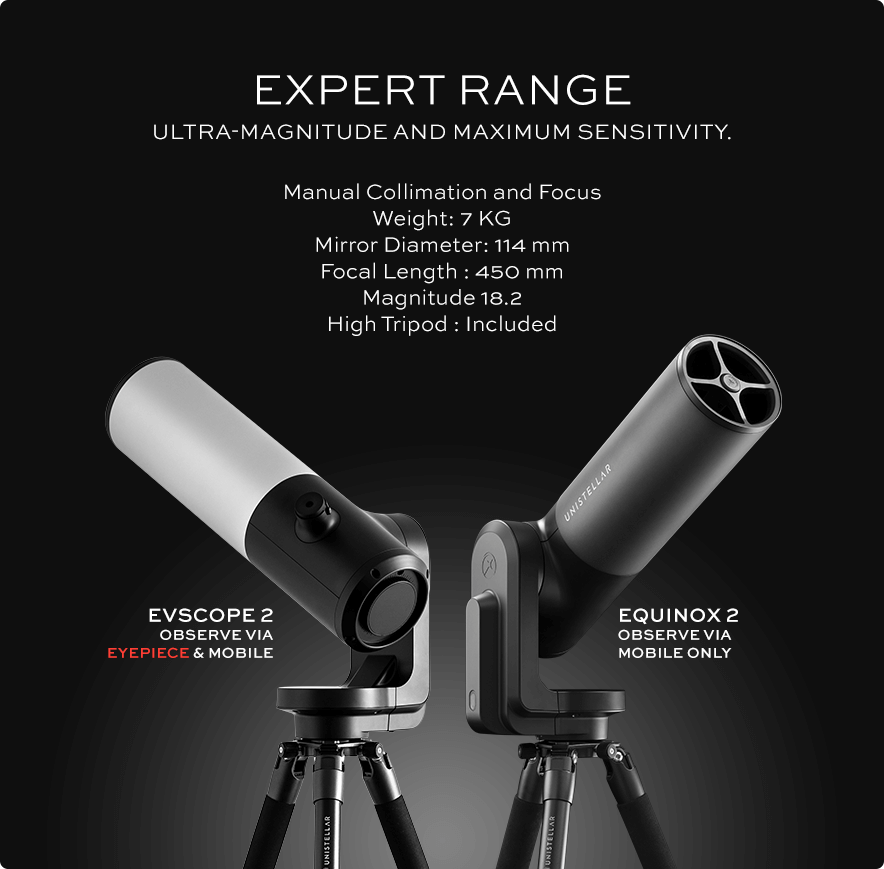THE SCIENCE BEHIND THE MAGIC
Solar eclipses occur when the Moon passes directly between the Sun and Earth, casting a shadow on Earth. Let’s check out the difference between Partial, Annular and Total solar eclipses.
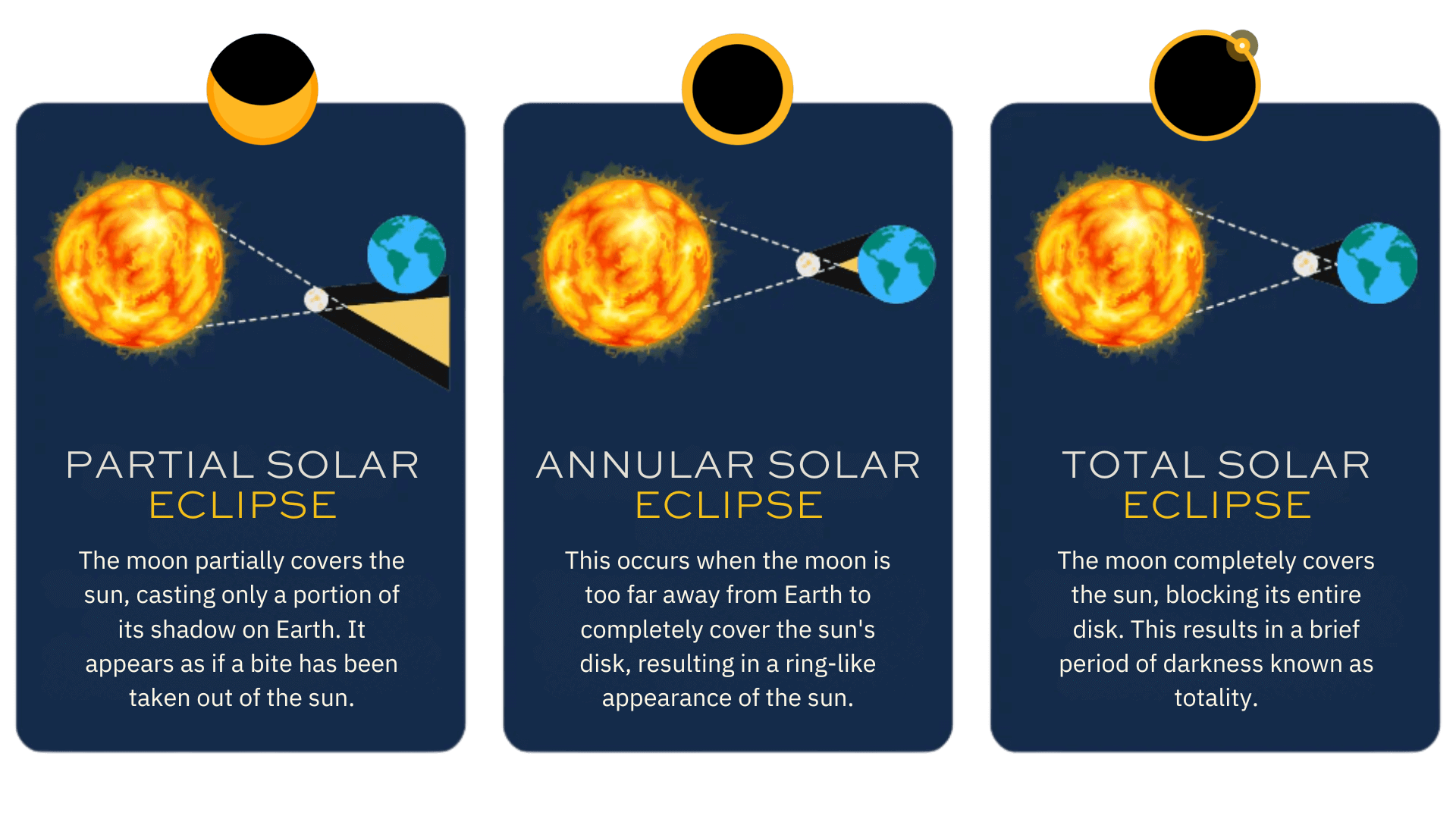
DID YOU KNOW ?
Ancient Astronomers
The first recorded partial solar eclipse is attributed to the ancient Babylonians around 1375 BCE in Ugarit (modern-day Syria). The Babylonians were among the earliest civilizations to systematically observe and record celestial events, including eclipses.
The "Eclipse Effect"
During a partial solar eclipse, birds may think it’s time to settle in for the night, and nocturnal creatures like bats may start to emerge. It’s a fascinating reminder of how nature reacts to these celestial events.
A Crescent Sun
As the Moon moves across the Sun, you’ll see the Sun transform into a stunning crescent shape. The view changes minute by minute, offering a dynamic and unique experience throughout the event.
TIPS FOR AN UNFORGETTABLE EXPERIENCE
REHEARSE FOR THE 2026 TOTAL ECLIPSE
What’s Happening
in 2026?
On Aug. 12 2026, a total eclipse will sweep across Greenland, Iceland, and Spain, with Northern Spain offering one of the best sunset totalities ever seen!
A partial eclipse will be visible across North America, Europe, and North Africa, giving millions a glimpse of the celestial spectacle.
Why the March Eclipse Matters
Think of this as your practice run!
Use this chance to:
• Test your eclipse gear (solar filters, smart telescopes).
• Get familiar with eclipse timings and how the Sun
transforms.
• Plan ahead for the best viewing locations in 2026!
THE SMARTEST WAY TO OBSERVE THE SUN
With Goto Sun & Sun Tracking Technology, UNISTELLAR eliminates the hassle of manually pointing your telescope at the Sun, ensuring a smooth, safe, and precise observation.
• Automatic Sun Detection – No guesswork, no risk. The telescope automatically finds the Sun by detecting subtle brightness gradients in the sky.
• Hands-Free Tracking – Once locked onto the Sun, the telescope tracks it continuously, keeping it perfectly centered throughout your viewing session.
• Optimized for Eclipses – Whether it’s a partial or total eclipse, Unistellar’s smart tech ensures you stay focused on the celestial show.
